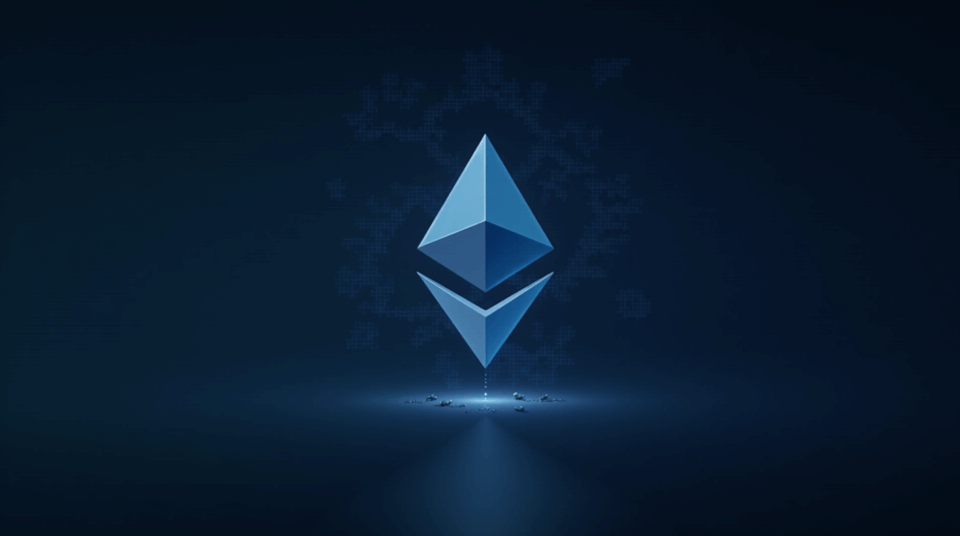The Ethereum Foundation has formed a new artificial intelligence team to support payments and economic operations carried out by agents, under the leadership of researcher Davide Crapis. The announcement aims to enable autonomous agents to manage payments, coordinate actions, and enforce rules on Ethereum. The initiative directly impacts developers, DeFi projects, and custodians, anticipating changes in contract design, auditing, and governance.
Objectives and Technical Scope
The new team seeks to enable agents and robots to manage payments, coordinate actions, and enforce rules within the Ethereum ecosystem. The approach promotes economic models where algorithmic entities negotiate terms, manage risks, and resolve disputes without human intervention, requiring new practices in smart contract design and verification.
The Foundation will work on standards for interoperability and security for intelligent agents, so that actors from different backgrounds can interact and transact with confidence on contracts. This includes specifications to orchestrate rules, permissions, and traceability of algorithmic decisions within public infrastructures.
These changes will affect developers, DeFi projects, and custodians, requiring adjustments in contract architecture, pre-deployment audits, and governance mechanisms that account for agent autonomy.
Funding, Security, and Industry Adoption
To finance the initiative, the Foundation sold 10,000 ETH, allocating funds to research, grants, and community programs. The goal is to support the development of specifications and technical guidelines that enable the safe use of agents in payments and operations.
The initiative aligns with growing private-sector interest, where companies are exploring agent-based payments, such as Mastercard’s Agent Pay and collaborations with Microsoft, suggesting that interoperability between private infrastructures and public layers will be a key axis of development. In this context, contract security and algorithmic decision traceability become top operational and regulatory priorities.
Security will demand more specialized audits, recommended by leading contract auditing firms. In addition, new compliance routines are emerging, combining customer identity verification with algorithmic behavior checks, where the debate around “proof of humanity” helps distinguish legitimate agents from malicious actors.

Next Steps
The announcement marks the beginning of the formalization of capabilities and standards for autonomous economic agents on Ethereum. The next step will be the publication of technical specifications and security guidelines, which will define adoption timelines and compliance requirements for projects seeking to implement agent-based payments.
The creation of the AI team and its associated funding will accelerate experimentation with autonomous agents, while raising the bar for security, auditing, and governance across the Ethereum ecosystem.

